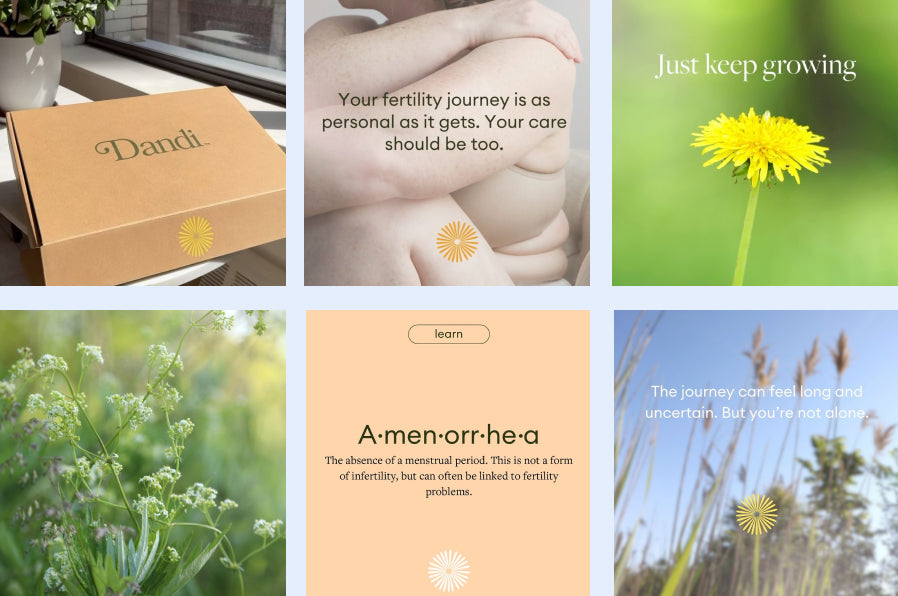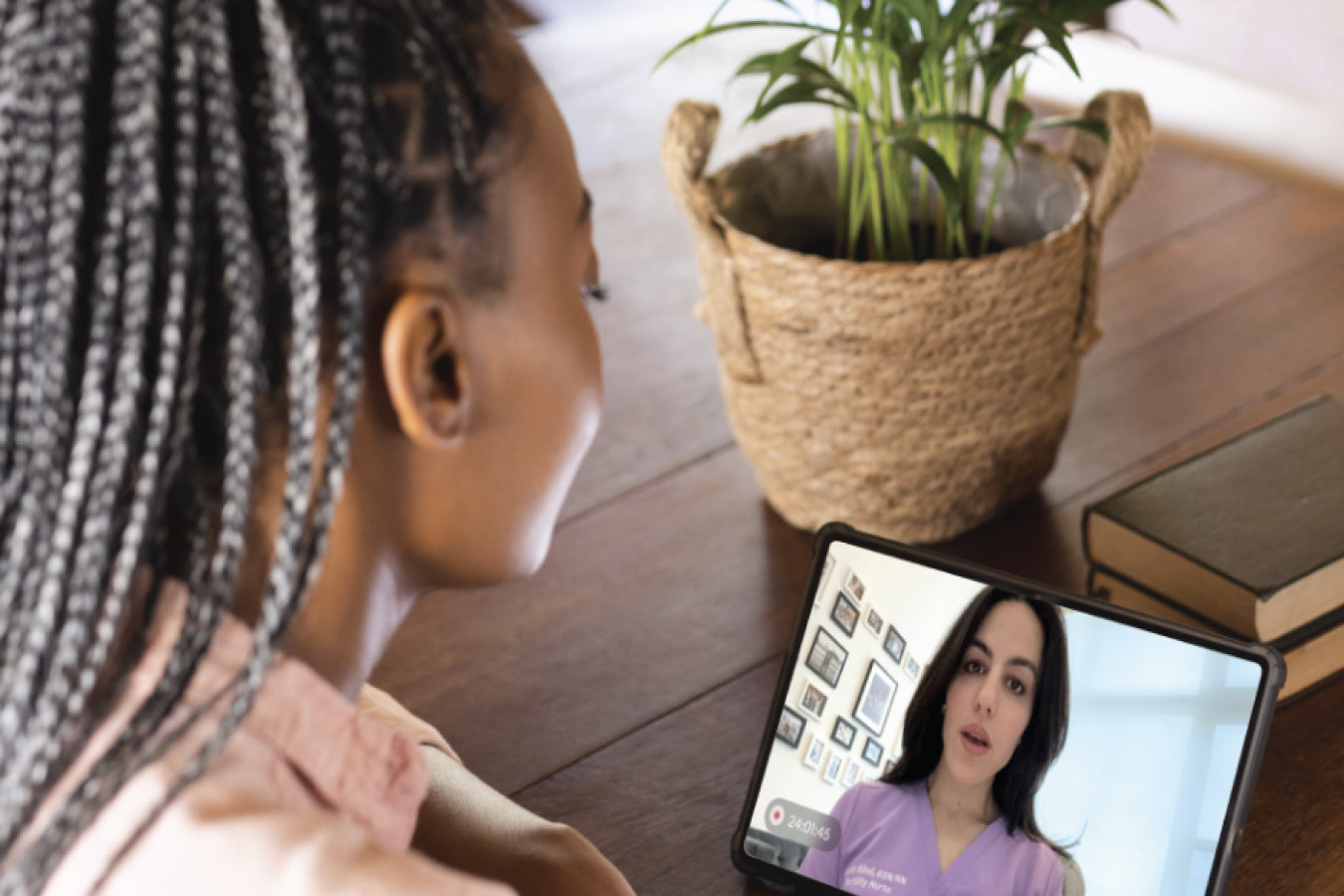If you're thinking about freezing your eggs, you’re likely filled with questions about what the process is really like. It can be especially helpful to hear from someone who has been through it themselves. On our latest installment of Dandi TV, fertility nurse practitioner Brandis Montez shared her personal experience with egg freezing—twice—and offers invaluable insights for women considering this empowering option.
What Inspired Her to Freeze Her Eggs
Brandis, a fertility nurse practitioner, was 28 years old when she decided to freeze her eggs. Working in the fertility field opened her eyes to how quickly time and fertility can change. “I’d see patients my age, 26 or 27, freezing their eggs or starting fertility treatments,” she recalls. Learning that some of these women had conditions like diminished ovarian reserve or blocked tubes was an eye-opener.
At her workplace, employees were offered one free egg freezing cycle after a year of employment. “I worked paranoid for a year,” she admits, worried about her own ovarian reserve. Once eligible, she had her levels checked and decided to move forward. Her reasoning? “The sooner you do it, the better.”
What Surprised Her About the Process
Brandis shares that even as a fertility nurse, some parts of the process surprised her:
Medication Sting:
Brandis was well-acquainted with the injections used for egg freezing. She had even helped her cousin, who also froze her eggs, manage the process. “I remember my cousin telling me the Menopur injection burns,” she says. “I’d tell her, ‘Woman up, you’re fine!’ But when I had to do it myself, it felt like a bee sting, and I realized she wasn’t exaggerating.”
To minimize the sting, Brandis discovered a helpful tip: “Mix the Menopur and let it sit at room temperature for 30 minutes. Ice your injection site beforehand, and then inject super slowly. It made the sting almost nonexistent.”
The Emotional Rollercoaster:
Despite not having fertility issues, Brandis found herself getting caught up in the process. “I’d look at my follicles on the ultrasound and think, ‘Could I get more? Should I wait another month?’” She quickly realized that the mental toll of egg freezing can mirror the stress patients feel during IVF treatments.
Deciding to Do Two Cycles
After completing her first cycle, Brandis didn’t retrieve as many mature eggs as she’d hoped. She decided to undergo a second cycle to reach a number she felt comfortable with. “It’s a numbers game,” she explains. “I wanted to give myself the best chance for the future.”
Her Perspective on Long-Term Egg Storage
One unique perspective Brandis shares is her view on how frozen eggs might be used in the future. “If I never need them for myself, I’d save them in case I have a daughter who might need them someday,” she says. “Egg freezing can be about more than just your own fertility.”
Tips for Preparing for Egg Freezing
While reflecting on her own egg freezing experience, Brandis also offers practical advice for women preparing for the process:
1. Start Supplements Early:
-
A good prenatal vitamin and CoQ10 (600 mg daily) are essential.
-
For women with PCOS, metformin may help improve egg quality.
-
She recommends the book “It Starts with the Egg” for a comprehensive guide to supplements.
2. Plan Your Schedule:
-
Expect frequent monitoring appointments.
-
Be prepared to adjust your lifestyle temporarily, including limiting intense exercise and alcohol.
For Brandis, freezing her eggs wasn’t just a medical procedure; it was an empowering decision for her future. “It’s a process that’s emotional, educational, and ultimately worth it,” she shares. Whether you’re exploring egg freezing to preserve your options or to plan ahead, hearing from someone who has been through it can make all the difference.








